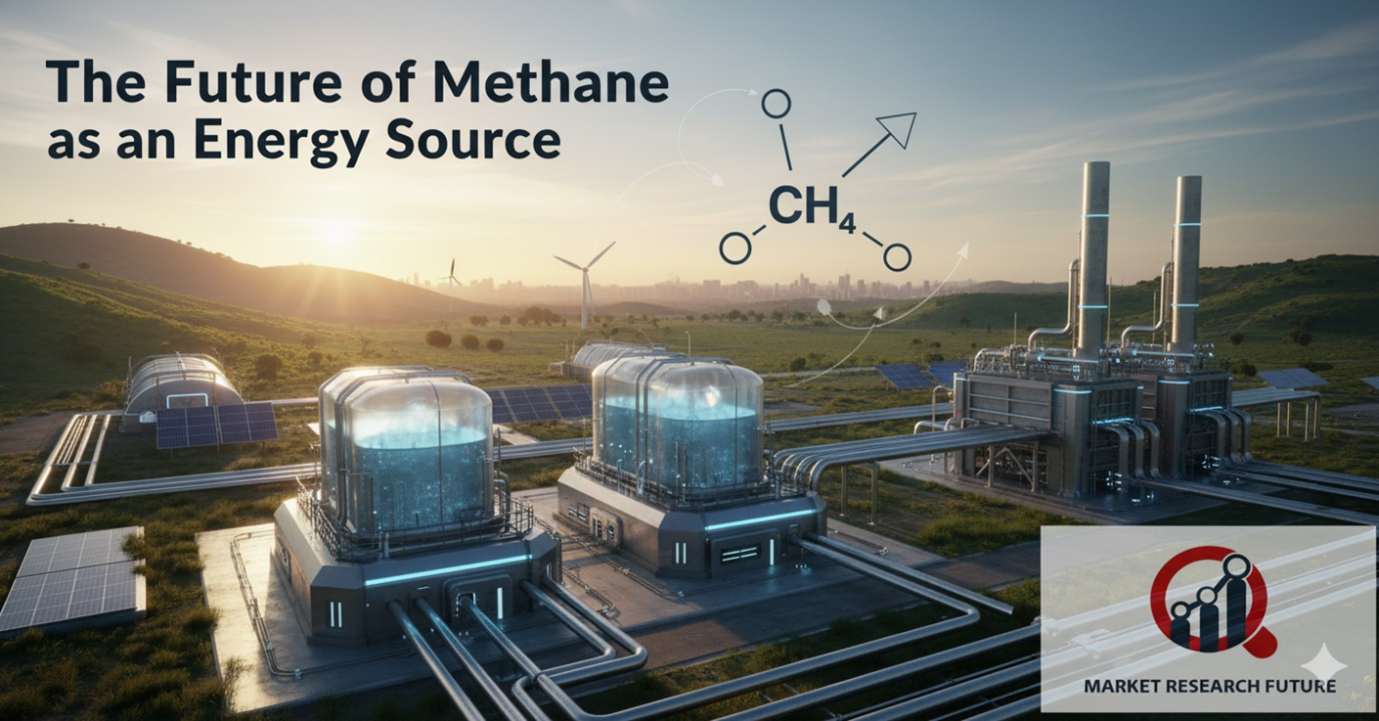The Future of Methane as an Energy Source

Insights into the Methane Market
Methane is a simple but powerful gas that is often the focus of talks about energy and the environment. It is one of the most important greenhouse gases in the atmosphere and helps keep the temperature on Earth stable. To make sure that energy is sustainable in the future, we need to know how methane works, where it comes from, how it affects things, and how to manage it.
Methane is both a problem and a chance. It helps global warming by trapping heat in the atmosphere, which is one thing it does. On the other hand, it is a good source of energy that burns cleaner than coal and oil. The secret is to use methane in a responsible way and let as little of it out into the air as possible.
Fossil fuels like coal, oil, and natural gas are the usual sources of methane. But as industries change, new methods for extracting and using resources that are better for the environment are being created. For instance, biogas plants turn methane from decaying organic matter in landfills and agricultural waste into usable energy instead of letting it escape into the air. In the same way, new ways to capture methane from wastewater and livestock operations are helping to make gas production more sustainable.
The agriculture, waste management, and energy sectors are some of the biggest sources of methane emissions. However, as people become more aware and new technologies are developed, these industries are using more and more mitigation methods. Around the world, people are working to cut down on emissions while keeping energy supplies safe. These efforts range from leak detection systems in pipelines to projects that turn methane into energy.
The future of methane as an energy source depends on new ideas and rules working together. As the world moves to cleaner energy systems, methane's role is likely to change from being a problem for the environment to being an important part of a more circular, sustainable energy economy. In this economy, every molecule is captured, reused, and repurposed to make the planet cleaner.

Leave a Comment